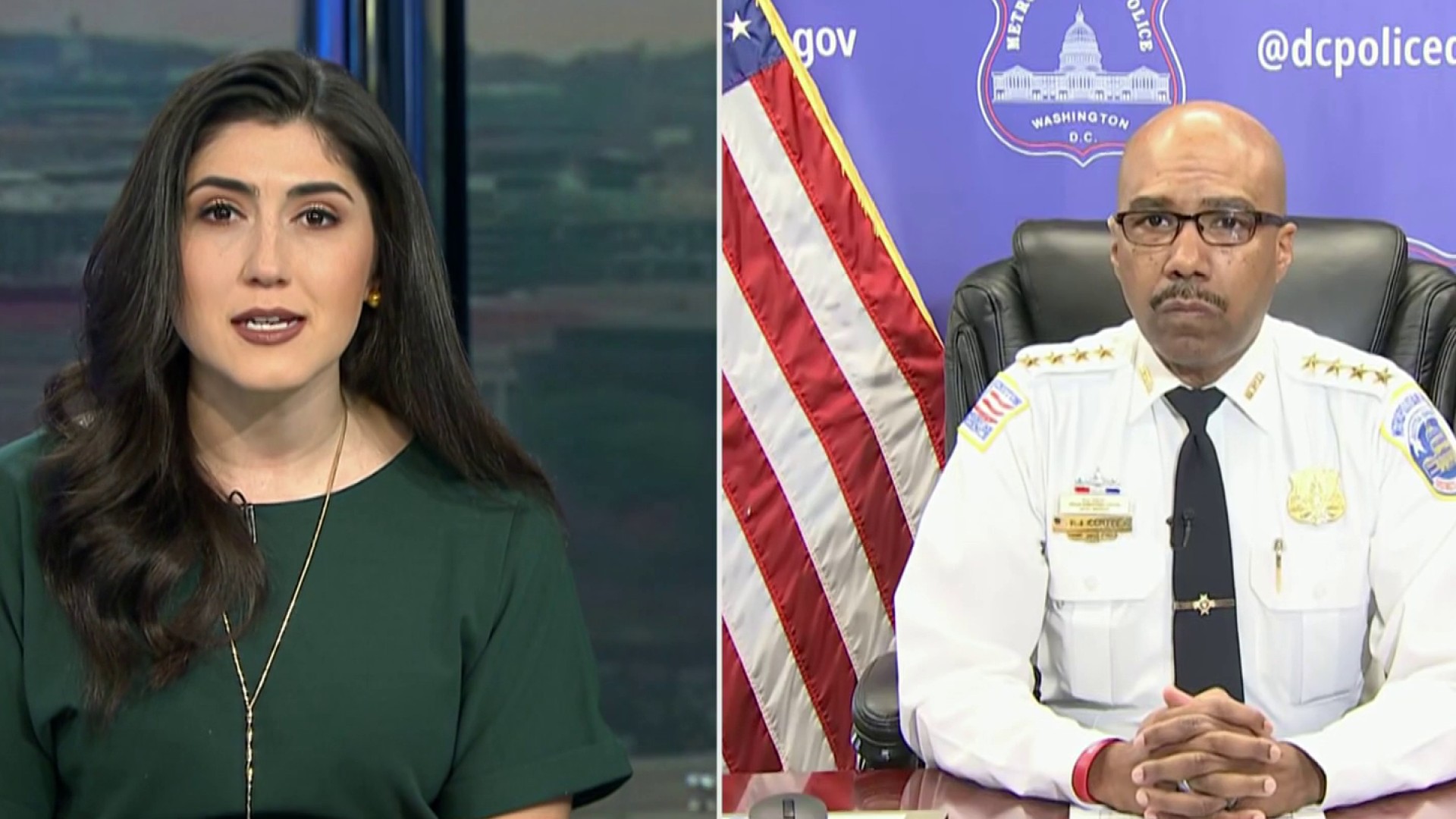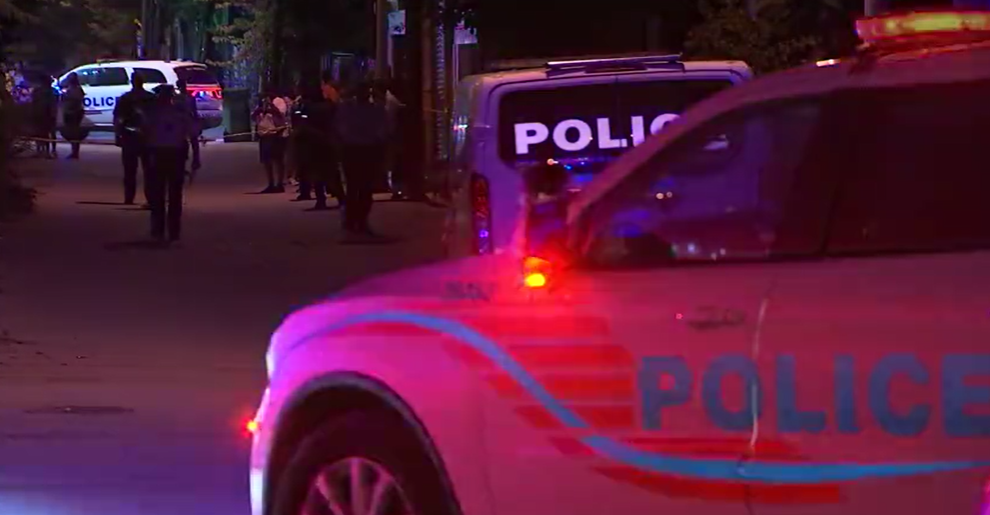The D.C. Council unanimously passed a sweeping overhaul of the city's criminal code on Tuesday that would redefine offenses and penalties, as well as expand defendants' rights to a jury trial.
If D.C. Mayor Muriel Bowser signs off on the council's proposed criminal code, it will be the first time District leaders have made such a change in more than 100 years.
Ward 6 Council Member Charles Allen called the vote to change the code "monumental."
"It is the product of countless meetings, hard collaboration and compromise and thoughtful engagement by a wide range of stakeholders, all of which might disagree with a particular element of the total package, but unanimously recommended moving it forward, nonetheless," Allen said.
We've got the news you need to know to start your day. Sign up for the First & 4Most morning newsletter — delivered to your inbox daily. >Sign up here.
Crime in D.C. has been a problem with which lawmakers have wrestled for generations. But the criminal code the District follows has never been fully updated since Congress wrote it in 1901.
"Many members of Congress in 1901 were former slave holders. When we have a criminal code like that, it welcomes bias," Allen said in October. "We have a disproportionate, outdated hot mess of a criminal code right now."
Ward 2 Council Member Brooke Pinto proposed an amendment to the new criminal code that would have increased the proposed maximum penalties for some gun charges.
"I'm deeply concerned about the proliferation of firearms and the increase in gun violence in our communities over the last year, as I know all of our colleagues are," Pinto said.
"We're swimming in guns here in the District of Columbia, and swimming in gun violence because of those guns. Residents are being shot. Children are being shot," Ward 3 Council Member Mary Cheh said.
Although supported by the U.S. Attorney's Office, the Council voted against the amendment 10-3, saying research has shown that increasing penalties doesn't deter gun violence.
D.C. Police Chief Robert Contee told News4 that while he supports some aspects of the new criminal code, he's against decreasing the penalties for gun crimes.
"Anytime you talk about reducing penalties, the consequence that is associated with crimes that are particularly impactful to community members, I think that that is just a non-starter," Contee said.
He also previously expressed concerns about the additional training officers would have to undergo.
"It means a retraining of every officer, police officer, federal officer," Contee said.
Bowser has said the measure to change the code will place burdens on the courts, which are already stretched thin.
"I put my objections on the record. I'm not sure what the final bill looks like, but we'll definitely take a look at it," Bowser told News4 while at Metro's grand opening event for the second phase of the Silver Line.
The overhauled criminal code would allow people accused of misdemeanors who face jail time the ability to request jury trials.
In a letter to Bowser, the D.C. Superior Court Chief Judge Anita Josey-Herring said the courts would have to summon nearly 71,000 more jurors each year in order to provide enough jurors for a projected 210 additional jury trials. That would cost the court system $394,000 to summons, process and pay those jurors, the judge said.
Some supporters of the new code said it will not be perfect, but it makes the law more fair and just while holding offenders accountable.
Allen, who has oversight of public safety, previously pointed to one law still on the books.
"Children playing in the streets of D.C. is technically a criminal offense," he said. "That's crazy. Our current criminal code is a mess."
The overhaul would address crimes such as robberies.
"Basically [right now], you just have robbery," Allen said. "And what we’ll have under a revised code is, we'll have both armed and unarmed robbery, but then different degrees: first, second and third degree, which really again helps the court, helps victims, helps defendants really know the harm that was done."
The U.S. Attorney for the District of Columbia, while expressing some concerns, previously issued a statement calling the changes sorely needed.
The Criminal Code Reform Commission spent 16 years creating and voting on the recommendations, according to Allen's office.
If passed, the new code would be phased in over three years, taking full effect in late 2025.



